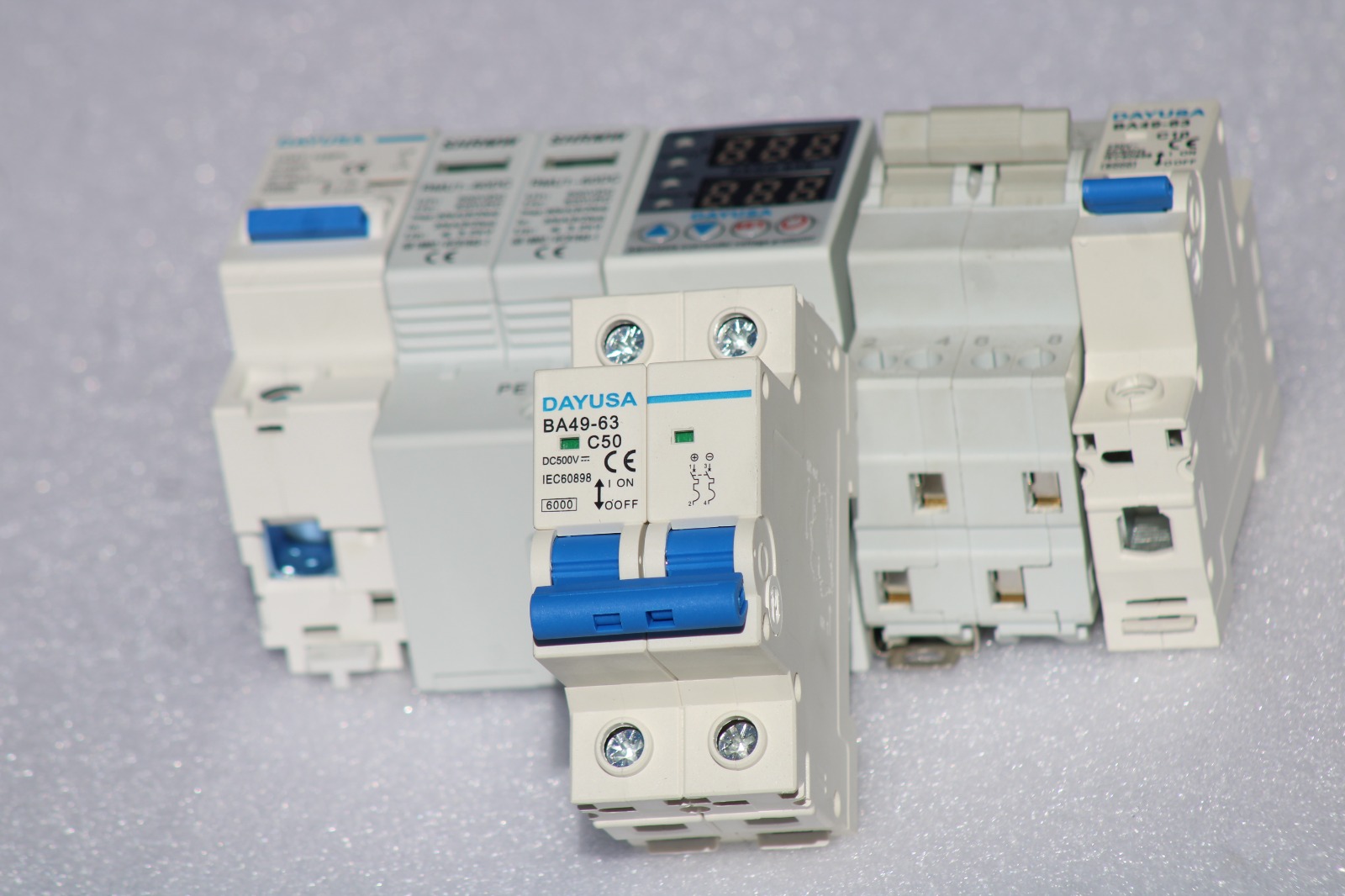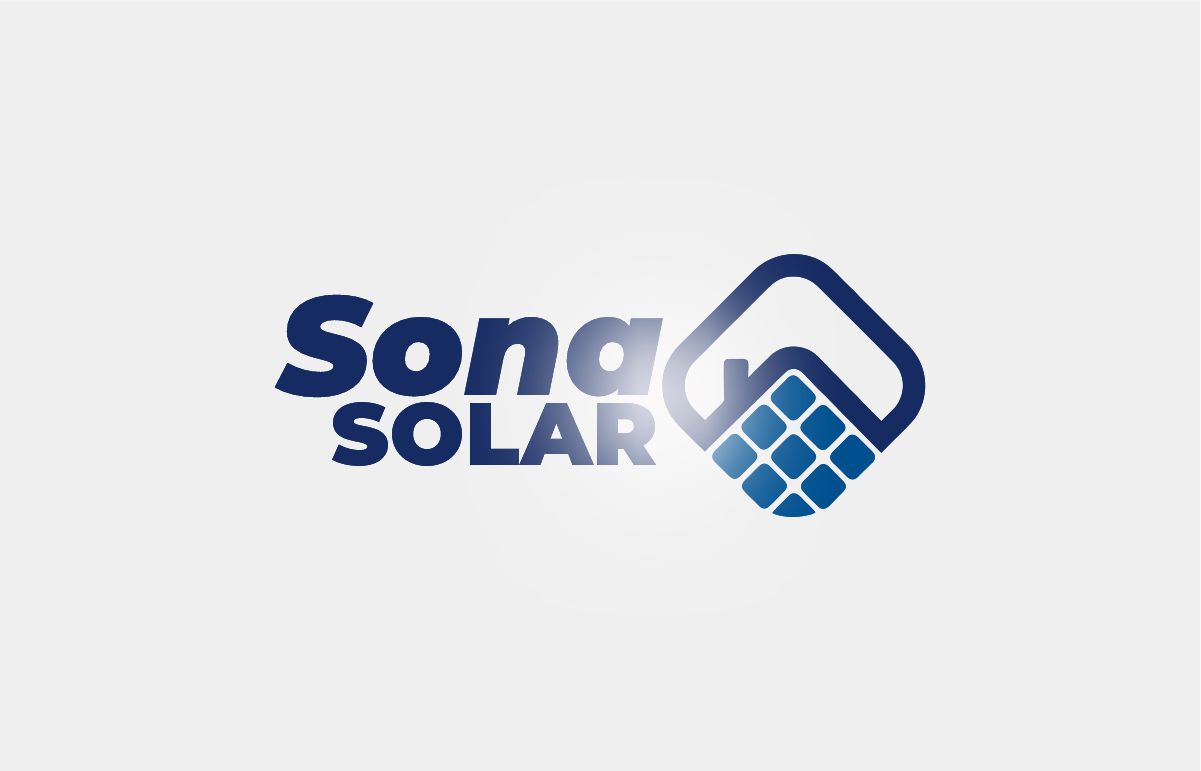Ensuring Safety and Efficiency: Understanding the Vital Link Between Solar Systems and Circuit Breakers with Sona Solar Zimbabwe:
The Anatomy of Solar Energy Systems
A solar energy system comprises various elements, including solar panels, inverters, and batteries. These systems harness electricity through photovoltaic (PV) panels, which generate direct current (DC). |
| The Role of Circuit Breakers in Solar Power Systems in Zimbabwe |
The Significance of Circuit Breakers in Solar Power Systems
Circuit breakers are deployed to shield both the solar power system and the building's electrical infrastructure. These safety mechanisms are designed to automatically terminate power flow in cases of overload or short circuit occurrences. They are typically situated within control panels or cabinets to safeguard associated circuits and equipment.Within solar electrical systems, circuit breakers are utilized to protect solar panels, inverters, and other electrical components. For instance, a circuit breaker may be integrated into the DC side of the system to prevent overloading of the solar panels. Similarly, another circuit breaker can be installed on the AC side to safeguard the inverter and the building's electrical system.
Moreover, circuit breakers can be utilized to disconnect the solar PV system from the grid during maintenance or in the event of a power outage. This is imperative for the safety of personnel working on the power grid and also helps protect the solar PV system from potential voltage spikes or surges occurring during a power disruption.
Varieties of Circuit Breakers in Solar Systems
A range of circuit breakers is commonly employed in solar power systems, including:1. Standard Circuit Breakers: These ubiquitous circuit breakers serve as a fundamental form of protection for individual circuits and are available in various sizes and current ratings, catering to residential and commercial solar systems.
2. Ground Fault Circuit Interrupters (GFCI): These specialized circuit breakers are instrumental in preventing electrical shock due to ground faults. They are essential for detecting and halting ground faults within solar systems, thereby averting system activations in the presence of a ground fault.
3. AC Circuit Breakers: These are deployed to safeguard the AC side of the solar system, encompassing the inverter output and AC wiring. They are typically designed to match the voltage and current ratings of an AC system, such as 120V or 240V.
4. DC Circuit Breakers: Essential for shielding DC circuits in solar energy systems, these breakers are particularly utilized in systems involving battery storage. They are obtainable in diverse sizes and current ratings.
The interplay between solar panels and circuit breakers is paramount within any solar power system. These breakers act as bulwarks, ensuring the safety of solar electrical systems and preventing potential harm to equipment, facilitating effective maintenance. By incorporating circuit breakers, solar energy systems can ward off overloads and short circuits, thereby assuring user safety and preempting electrical equipment damage.
Sona Solar Zimbabwe is committed to promoting the awareness and understanding of these critical connections within solar power systems, aiming to secure safer and more efficient renewable energy solutions for all.
Common Questions and Popular Searches
Explore Answers To Frequent Questions And Discover Resources For Your Solar Journey:
1kVA Inverter Load Guide
Load guide for small households.
2kVA System Load Capacity
Powering essentials in medium homes.
3kVA System Panel Count
Understand solar array sizing.
3kVA Inverter Load Guide
Appliance guide for a typical household.
Best 3kVA Inverter Brand
Compare reliability and warranties.
3kVA Appliance Load Guide
Understand simultaneous load capacity.
3kVA Powering Motor Loads
Guidance on handling motor loads.
Choosing the Right Inverter
Matching inverters to your specific load.
Match Panels to Inverter
Tips for optimal system performance.
3.5kVA Inverter Load Guide
Explore residential setup capabilities.
Best Solar Panels Zimbabwe
Analysis of performance and durability.
Solar Companies Zimbabwe
Customer service and reliability.
Best Solar Panel Brands
Guide for home and business solutions.
Solar Installers Zimbabwe
Professional and certified installers.
3kVA System Cost Guide
Get pricing information for Zimbabwe.
5kVA System Cost Guide
Budget requirements for systems.
Contact Our Sales Team:

Sona Solar Zimbabwe
Address:
7 Frank Johnson Avenue, Eastlea, Harare, Zimbabwe.
Call/WhatsApp:
Sales:
+263 78 293 3586
Sales:
+263 78 922 2847
Operations:
+263 78 864 2437
Email:
sonasolarzw@gmail.com
Website:
www.sonasolar.co.zw

Borehole Experts Zimbabwe
Address:
7 Frank Johnson Avenue, Eastlea, Harare, Zimbabwe.
Call/WhatsApp:
Sales:
+263 77 389 8979
Sales:
+263 71 500 3777
Operations:
+263 71 918 7878
Email:
boreholeexpertszw@gmail.com
Website:
www.boreholeexperts.co.zw

Follow Our Social Media Icons
TikTok Pinterest YouTube Telegram WhatsApp